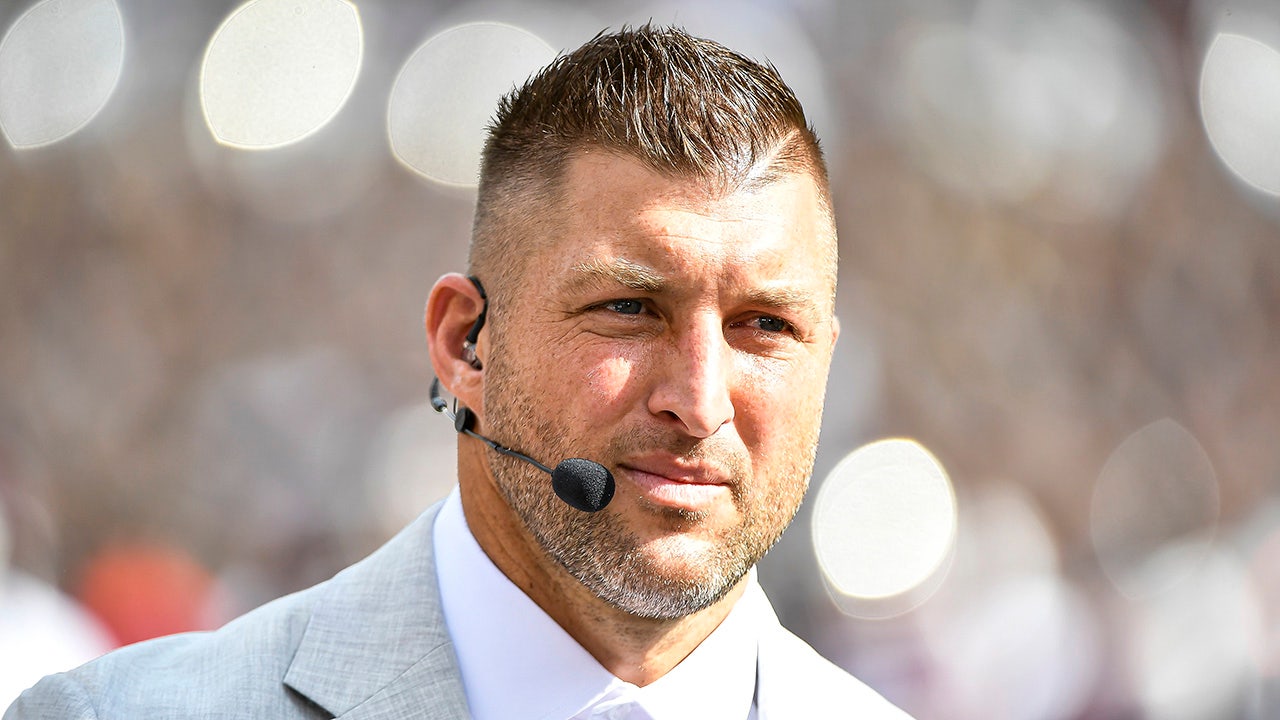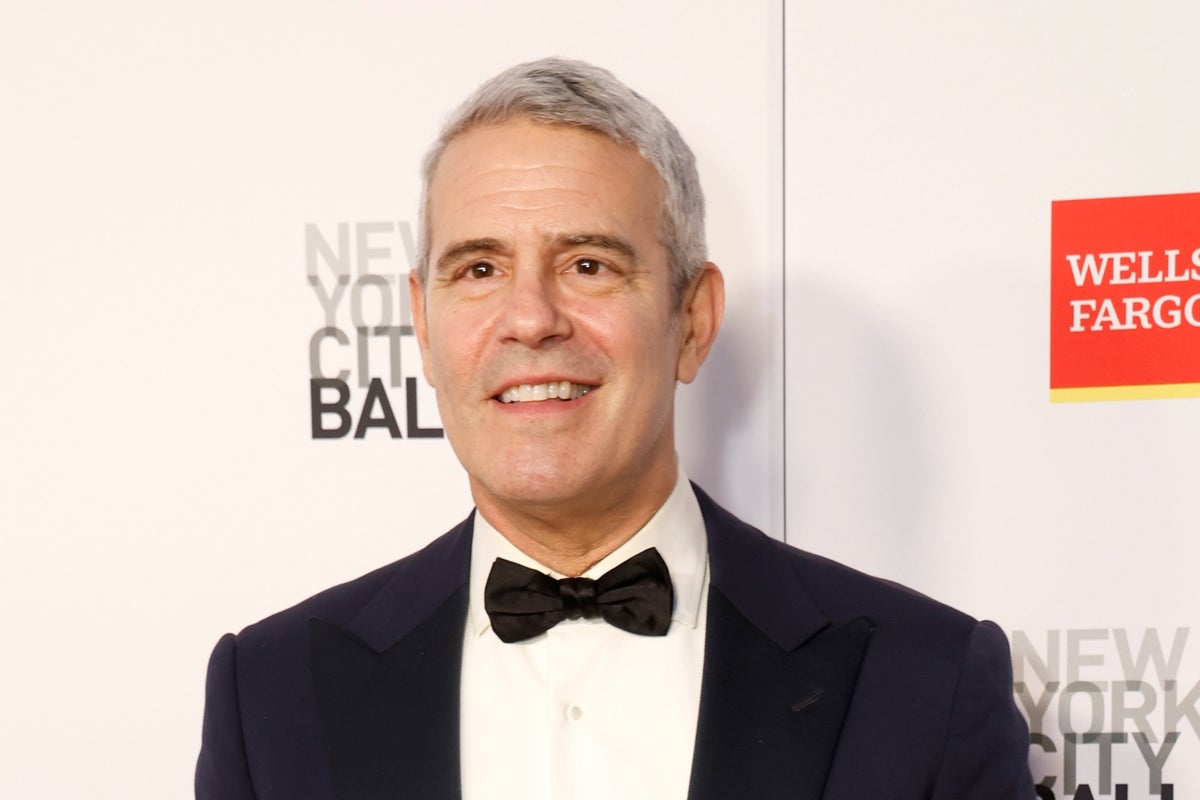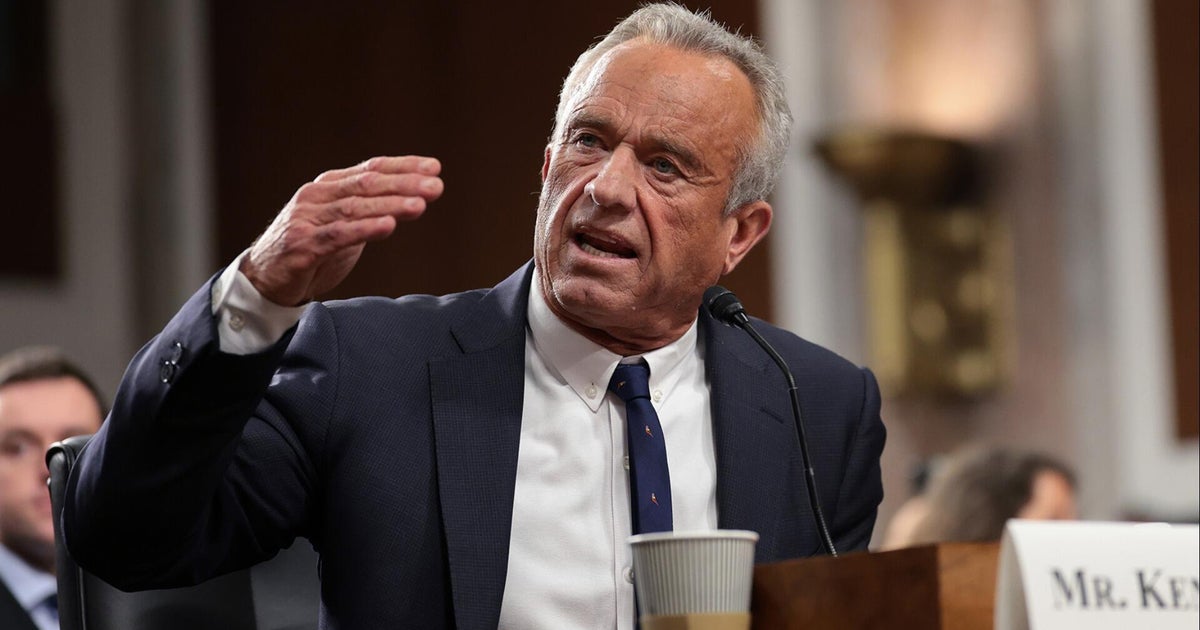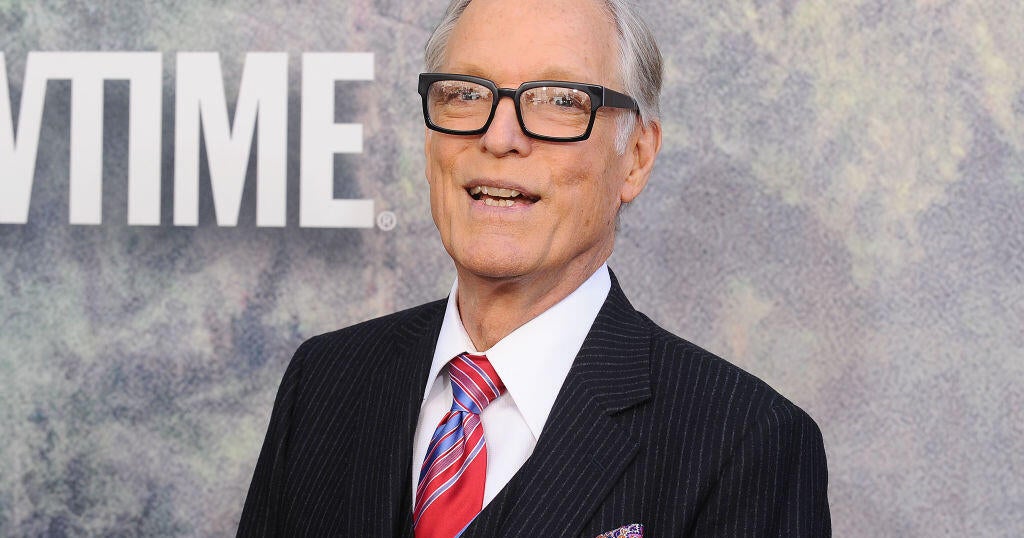“I think they realized they were facing a new kind of leadership in me and” SAG chief negotiator Duncan Crabtree-Ireland, Drescher said. “We deflected their intimidation tactics.”
The 118-day strike was one of the longest labor outages in Hollywood history. It was also one of the broadest because it partially overlapped with a writers strike, called by the Writers Guild of America, that lasted from May to late September.
Among the studio heads who came to the negotiating table during the SAG strike were Bob Iger of Disney, Donna Langley of NBCUniversal Studio Group, Ted Sarandos of Netflix and David Zaslav 0f Warner Bros. Discovery.
From the lectern Friday, Drescher thanked the AMPTPT “for recognizing the gravity” of the situation and reaching a “record-breaking” agreement with the union. But she also lambasted the studios repeatedly in her speech, saying her union “never heard” from them from the start of their strike in July until last month. Once talks resumed, she said, the studios started “attacking a woman leader” in the media — “a ploy that should be beneath anyone.”
At press time, SAG-AFTRA had not released the text of the TV/theatrical contract, which will be presented to tens of thousands of members covered by the deal at informational meetings in coming days. Actors will then vote on whether to ratify the contract and make it official — a vote widely expected to pass.
Drescher and Crabtree-Ireland detailed terms of the deal, including:
- What they called “more than $1 billion” in new wages and benefit plan funding over the three-year term of the contract. Crabtree-Ireland told The Washington Post on Wednesday that figure represented “gains made in this contract over the existing contract.” On Friday, SAG called it the largest such deal in industry history.
- A new fund to compensate performers for their work on streaming shows. SAG-AFTRA did not specify, however, how much studios would contribute and how the union would distribute money from the fund. Variety previously reported that the union initially wanted 2 percent of streaming revenue, and later halved that demand to about $500 million a year, before settling for about $40 million a year.
- An immediate 7 percent wage increase for many performers, and an 11 percent increase for background actors. Those wages would increase again by smaller amounts in 2024 and 2025.
- What Crabtree-Ireland called “new terms to ensure that sets have proper hair and makeup services for all performers, including those who have diverse and textured hair and complexions.”
- A requirement that intimacy coordinators be hired for scenes involving nudity or simulated sex.
Crabtree-Ireland told The Post this week that the union pursued new ways to approach winning a significant share of streaming revenue. Complaints are widespread among Hollywood workers that they earn far less in residuals, or royalty payments, when their work is streamed compared to older models of distribution.
“We were really looking to not only increase, but also to change the way that money is distributed in the streaming system, so that it becomes more sustainable for our members. The way that the business model has changed, and then the contracts had not kept up with, left our members in a very tight squeeze.”
Drescher described months of on-and-off talks with the studios as an epic that involved her sharing “Buddhist wisdom” with the studios. She said the issue of artificial intelligence was one of the last and most difficult issues to be resolved, in light of widespread fears among actors that rapidly advancing technology will be used to simulate their likeness and eventually replace them.
“AI was also a dealbreaker,” she said. “If we didn’t get that package, then what are we doing? We’re not really able to protect our members in the way that they needed to be protected. Because in the world of AI, three months is equivalent to a year.”
She and Crabtree-Ireland described safeguards against encroaching technology, including:
- A requirement that actors — including background performers — give studios “informed consent” and get “fair compensation” for the creation of any digital replicas.
- “That consent can’t be obtained at the front end — it has to be obtained at the time of use,” Crabtree-Ireland said. “It can’t just be a boilerplate sentence that says, ‘I give away the rights to use this replica in perpetuity throughout the universe.’ … It has to be a specific description of what the intended use is so that the performer can make an informed decision about whether they want to agree to that or not.”
- What Crabtree-Ireland called “a specific standard” to compensate actors that agree to be digitized, which factors in “the amount of work that would have been done by the actor themselves if they had done that same type of work that the digital replica is being used for.”
- “We have explicit language explicitly covering performance capture work for the first time,” Crabtree-Ireland said at the news conference.
“We had tremendous unity across all of members,” Crabtree-Ireland said earlier this week. “I think that message was received by the industry and the public in a way that built our strength, and that helped people see why we were fighting.”
At the news conference, he added that some actors have already returned to work.














































